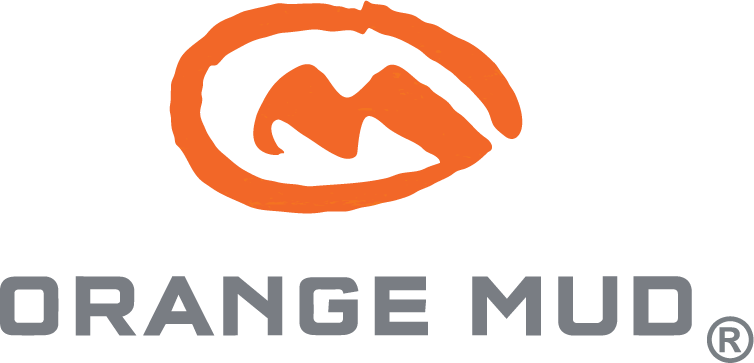Preparing for an Ironman race demands a multifaceted approach. In this guide, we'll explore ten essential strategies to boost your endurance and readiness for the daunting challenge ahead. From refining your technique to optimizing your ironman nutrition plan and hydration plan, we'll cover key steps to help you excel in the Ironman race.
- Structured Training
A comprehensive ironman training plan is crucial. Include sessions that challenge endurance, speed, and strength across all three disciplines. Allocate specific days for each sport to refine technique and strengthen targeted muscles. Remember to prioritize rest and ironman recovery to allow your body to recuperate and improve.
- Open Water Swim Practice
Prepare for the challenges of open water swimming by regularly practicing in different conditions. Focus on honing navigation skills, adapting to currents, and maintaining efficient strokes. Familiarize yourself with your wetsuit and practice changing techniques to boost confidence on race day.
- Cycling Efficiency and Endurance
Cycling constitutes a significant portion of the Ironman race, emphasizing the importance of building endurance and efficiency. Long rides enhance stamina, while interval training enhances power and speed. Pay attention to proper cycling posture and pedal technique to conserve energy. Incorporating cross-training and strength exercises can further enhance cycling performance and reduce injury risks, forming a key part of your ironman workout schedule.
- Brick Sessions for Transition Practice
Simulate race conditions by incorporating brick sessions into your ironman training schedule. These workouts train your body to transition efficiently between disciplines, particularly from biking to running. Use these sessions to fine-tune nutrition and hydration strategies, focusing on seamless transitions and maintaining a steady pace to replicate race day intensity.
Recovery is essential for training adaptation. Incorporate active recovery, adequate nutrition, hydration, and sufficient sleep into your routine. Utilize tools like foam rollers or massage guns to aid muscle recovery. Strike a balance between intense training days and rest to prevent overtraining and injuries.
- Nutrition and Hydration Plan
Proper nutrition and hydration are vital for fueling training and recovery. Develop a balanced diet rich in carbohydrates, proteins, and fats to support energy requirements and muscle repair. Experiment with different foods and hydration strategies during training to find what works best for you. Practice consuming race-day foods and drinks during long training sessions to ensure tolerance under stress. Incorporating hydration packs such as the HydraQuiver Vest Pack 1 - 3.0, Endurance Pack V3.0, or Gear Vest Version V3.0 can enhance your hydration strategy and optimize performance during training sessions and on race day. These elements are crucial components of a successful ironman triathlon training plan.
- Mental Preparation
Mental resilience is as crucial as physical readiness. Employ visualization techniques, set achievable goals, and engage in positive self-talk to enhance mental endurance. Prepare for the challenges of training and racing by developing effective coping strategies. Stay motivated by focusing on your reasons for participating and celebrating small achievements along the way.
Dedicate time to training with the equipment you'll use on race day, ensuring comfort and functionality. This includes hydration systems, shoes, and other gear. Regularly inspect and maintain your equipment to avoid any unexpected issues during the race.
Remain flexible in your training approach and adjust based on your body's response. If experiencing excessive fatigue or declining performance, consider scaling back or prioritizing recovery. Conversely, if consistently surpassing training targets, consider increasing the training load. Personalized adjustments based on feedback ensure an effective training plan tailored to your needs.
- Seek Professional Guidance:
Consider working with a coach to develop a structured and personalized ironman training plan aligned with your strengths and weaknesses. A coach provides valuable insights, motivation, and accountability. They can also integrate specific training strategies and adapt your plan based on feedback, guiding you toward achieving your Ironman goals.
Preparing for an Ironman race requires a multifaceted approach, encompassing training, nutrition, recovery, and mental preparedness. By implementing the ten essential strategies outlined in this guide, you'll be well-equipped to excel in the daunting challenge ahead. From structured training routines to mental resilience and familiarity with equipment, each aspect is crucial for your success on race day. Whether you're following a beginner ironman training plan or preparing for your first ironman, remember that consistency and dedication are key as you work towards your Ironman goals. So, lace up your shoes, dive into the journey, and let's make your Ironman dream a reality!

